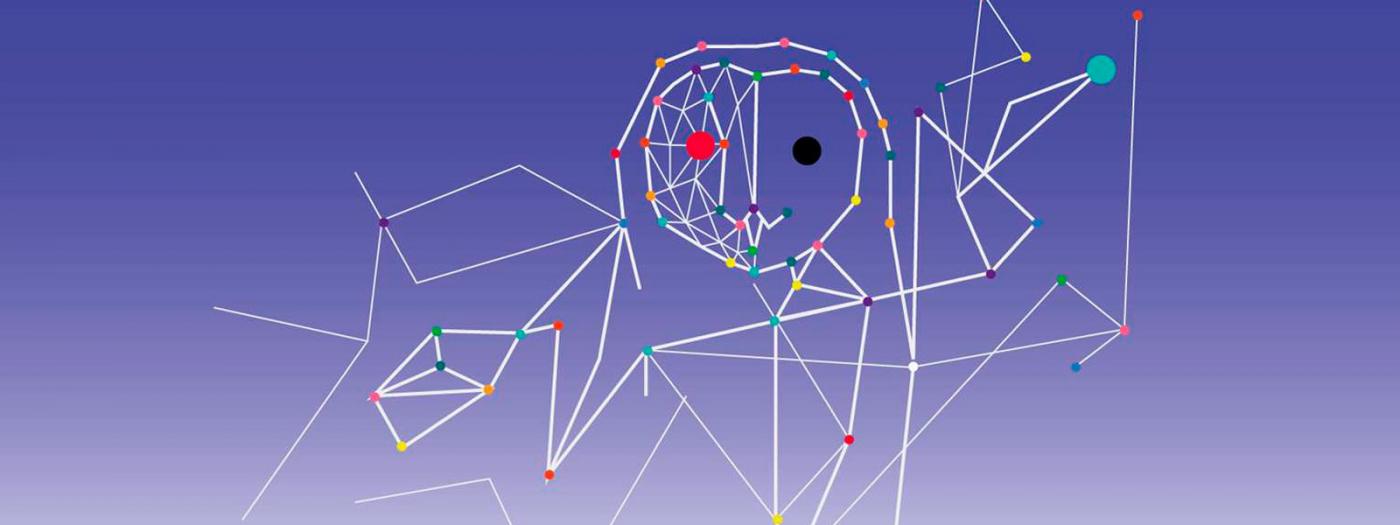November 2019 is the date mentioned in the science fiction film Blade Runner. It premiered in 1982 and was based on the 1968 novel “Do androids dream of electric sheep?” by Philip K. Dick; a question that was asked about the humanity of machines some fifty years ago. To answer this, we need to bring together two entirely different worlds: science and the humanities; a difficult task, but one society can no longer put off.
Artificial intelligence, once just an interesting oxymoron, now appears in the media on a daily basis: autonomous driving; algorithms that influence election results; robots that look after, provide for, strengthen and replace people, and whose rights are debated; implants in the brain that help, supply or expand our senses and perhaps help us to think and feel.
And, behind all these advances, there is a series of necessary questions: Can machines (or algorithms) have rights? At what point does an expanded human, a transhuman, cease to be human? Is transhumanism a religion?
The creative world has long theorised about the relationship and limits between machines and people, such as “I Robot” or “The Bicentennial Man” by Isaac Asimov and “Matrix” by the Wachowski sisters, among many other titles; it would seem that the world of philosophical reflection has been left behind, overwhelmed by the exponential growth of technical advances. Since the 1956 Darmouth meeting where the term 'artificial intelligence' was first coined, wave after wave of technical advances has taken place, driven by the evolution of computers’ computing capacity. Now, the algorithms of 'artificial intelligence' have left the laboratories and are flooding our society, but technicians and philosophers have been reflecting for some time on their effects, their limits and their consequences.
On 27 and 28 November 2019, the Faculty of Philosophy of Catalonia-URL will be holding a Conference on Philosophy and Artificial Intelligence (AI).
The aim of these conferences, “Filosof-IA 2019”, is to tackle the questions set out above -among others- from a double point of view: from philosophy and from technique, with papers covering three aspects: the position of artificial intelligence in transhumanism, the philosophical essence of artificial intelligence, and the ethical issues raised by artificial intelligence. In each session, there will be lectures and discussion tables by philosophers and technicians interested in both worlds.
Going back to the title of the film Blade Runner, the artificial intelligence race has already begun, so now is the time to reflect and reach conclusions so that, when we stop running, the blade of modern technology doesn't cut us. This “Filosof-IA” conference aims to take a step forward in that necessary reflection.
